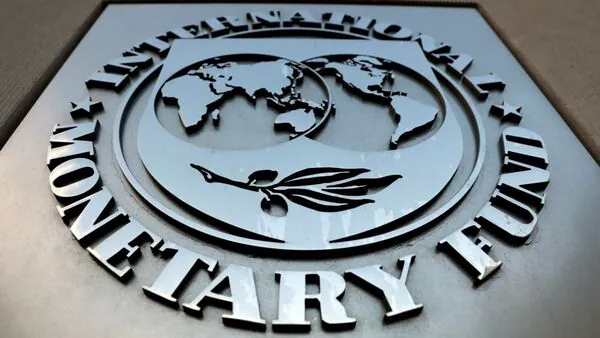
Pakistan's IMF Bailout: As Islamabad Secures $1.2 Billion, Here's All You Need To Know About The Deal
The IMF in July 2024 had approved a $7 billion bailout package that was aimed to keep Pakistan from defaulting on its loan payments amid a weakening economy.
Pakistani media on Wednesday reported regarding the agreement that followed several days of talks in Islamabad. In an overnight statement, the IMF confirmed the development.
The IMF said Pakistan's economic program is helping entrench macroeconomic stability and rebuild market confidence.
Last week, an IMF mission led by Iva Petrova concluded talks with Pakistani authorities on the second review of the EFF agreed in 2024 and the first review for the RSF climate loan agreed this year, but it left Pakistan without signing a staff-level agreement.
How much money will Pakistan get?Under the agreement, Washington, US-based IMF will provide Pakistan with $1 billio under its Extended Fund Facility (EFF).
Islamabad will receive another $200 million from IMF under its Resilience and Sustainability Facility (RSF).
Both the grants are subject to approval of the IMF board.
Also Read | India watching Pak budget for breach of aid terms What did the IMF say?In a statement issued on early Wednesday, Iva Petrova said that the staff-level agreement to release IMF funds to Pakistan remained subject to approval by the IMF Executive Board.
“Supported by the EFF, Pakistan's economic programme is entrenching macroeconomic stability and rebuilding market confidence,” she said.
“The recovery remains on track, with the FY25 current account recording a surplus - the first in 14 years, the fiscal primary balance surpassing the programme target, inflation remaining contained, external buffers strengthening, and financial conditions improving as sovereign spreads have narrowed significantly,” she said.
However, she added, the recent floods had weighed on the country's outlook, particularly of the agriculture sector, bringing down the projected FY26 gross domestic product (GDP) to about 3.25-3.5 per cent.
The bailout package to Pakistan was severely opposed by India given its conflict with Islamabad at the time, with New Delhi alleging that the funds will be used to build terror infrastructure. Explaining the reasons behind the approval, the IMF had in May said that the assistance was granted after its board found out that Pakistan had met all conditions and targets for it.
IMF's conditions for PakistanEarlier this year, the IMF had imposed 11 conditions on Pakistan to approve the package.
Also Read | What is IMF's bail out to Pakistan, Bangladesh? Also Read | Why did India decline to vote for IMF's USD 1B loan aid to Pakistan?Under this, Pakistan must pass a new federal budget for the financial year 2025-26, which is in line with the IMF targets by June 2025.
The international body also imposed another condition where four units will be implemented through the Agricultural Income Tax laws.
Among other measures, the Pakistan government is also directed to publish a governance action plan based on the recommendations from the IMF's Governance Diagnostic Assessment to identify reform measures
Legal Disclaimer:
MENAFN provides the
information “as is” without warranty of any kind. We do not accept
any responsibility or liability for the accuracy, content, images,
videos, licenses, completeness, legality, or reliability of the information
contained in this article. If you have any complaints or copyright
issues related to this article, kindly contact the provider above.
Most popular stories
Market Research

- Casper Network Advances Regulated Tokenization With ERC-3643 Standard
- Forex Expo Dubai Wins Guinness World Recordstm With 20,021 Visitors
- Superiorstar Prosperity Group Russell Hawthorne Highlights New Machine Learning Risk Framework
- Freedom Holding Corp. (FRHC) Shares Included In The Motley Fool's TMF Moneyball Portfolio
- Versus Trade Launches Master IB Program: Multi-Tier Commission Structure
- Ozzy Tyres Grows Their Monsta Terrain Gripper Tyres Performing In Australian Summers




















Comments
No comment